International Confederation of Midwives and the Sustainable Development Goals
Achieving gender equality and women’s empowerment is integral to each of the 17 SDGs. Only by ensuring the rights and health of women and girls across all the goals will the world achieve justice and inclusion, economies that work for all, and a sustainable environment for future generations. The International Confederation of Midwives (ICM) places women in the center of their mission to bring comprehensive healthcare to communities. ICM President Franka Cadée promotes autonomous midwives as the most appropriate caregivers for childbearing women, and suggests that measuring the qualitative outcomes of women-centered health care is a preferred assessment of the impact of the SDGs on the reproductive health of women, their newborns and their families.
ICM supports and advocates for the 143 professional associations of over 1 million midwives on six continents. Their work to support women of childbearing age, including adolescents, during pregnancy, birth and throughout their lives intersects in numerous ways with the SDGs, with a nexus at providing respectful and holistic care.
To understand the relationship of ICM with the SDGs is to learn of the symbiotic relationship of midwives with women, says Franka. As “one of the world’s oldest professions,” the role of midwives in women’s lives is generally underestimated, she asserts.
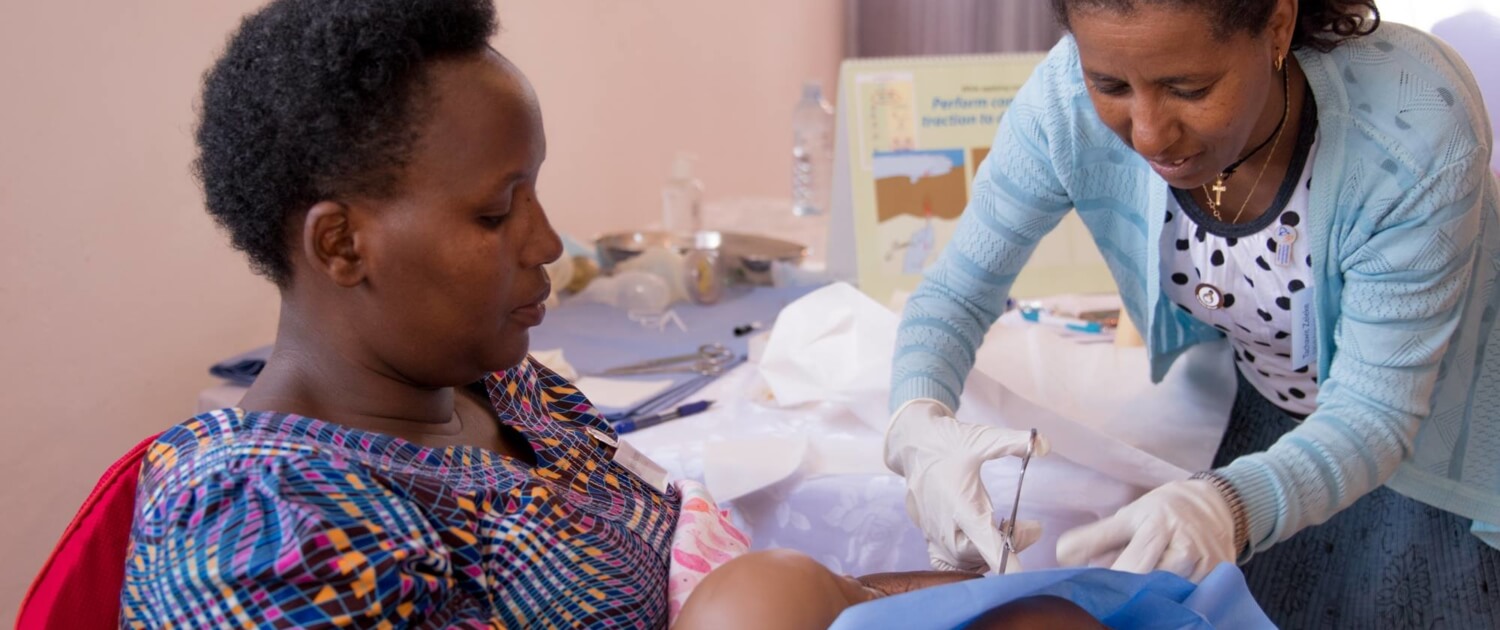
“We don’t only catch babies. We do a very wide range of sexual and reproductive health and rights work. But our profession has been marginalized for a long, long, time, because institutionalization and medicalization has very much pushed midwives to the side in many regions.” That attitude underrates the contributions midwives make to the SDGs. “We’re just put in one big pile of hard worker bees without much understanding of our specific field of work,” she explained. “But midwifery is special because everyone is born. So everyone experiences this, and in that way, we touch and write the start of life.”
She said the term “midwife” is an Anglo-Saxon term meaning “with woman,” and aptly describes the role that women have long assumed as birth companions. Throughout history and across cultures, women have traditionally provided direct care and support during childbirth. “And so, it’s a beautiful word,” she smiled.
Midwives are recognized by their governments or communities as skilled professionals who care for women, their babies and the wider community before, during and after pregnancy and birth. In most societies, midwives often serve additional roles as community leaders, and as specialists in primary health care and well-woman care. Their scope of practice can vary to also include contraceptive and abortion care as well as breastfeeding and nutrition.
“We’re some of the few healthcare workers who work with women because they’re not ill. We actually work with healthy women to support them, to keep them healthy.”
Professional Autonomy and Gender Equity in Quality of Care
“The interesting thing for us,” Franka continued, “is that SDG 3 (Good Health and Wellbeing) and 5 (Gender Equality) are about women and maternal deaths, equality and gender equity. And 17 (Partnerships for the Goals) is about partnership.” These themes are central in ICM’s mission to nurture greater autonomy in midwives’ provision of care and a coordinated approach to women’s sexual and reproductive rights and health. “We’ve actually found that the SDGs in many ways have lifted us up.”
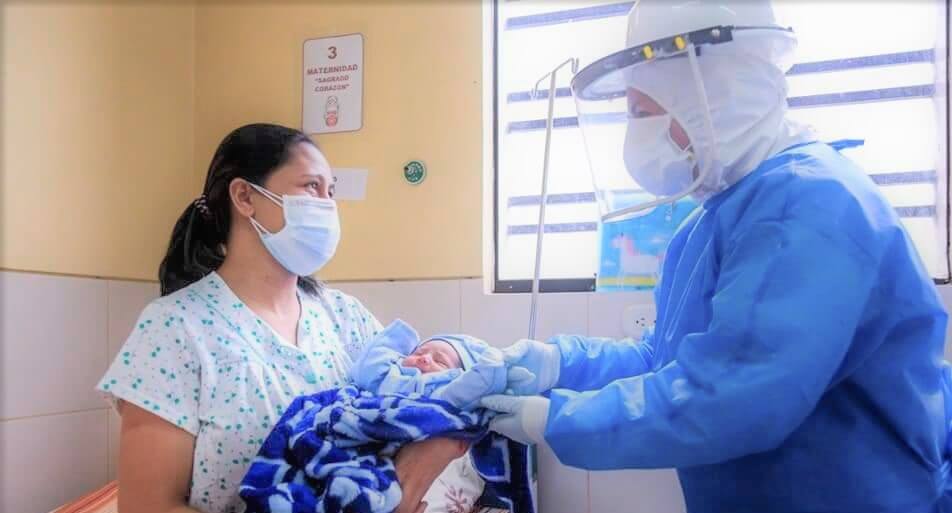
Each SDG has targets. In referencing Target 3.1, which reads: “By 2030, reduce the global maternal mortality ratio to less than 70 per 100,000 live births,” Franka said, “I kind of struggle going to the SDGs to get enough attention for women and the deaths of women during childbirth, or supportive care after or just before.”
Up until now, not enough attention has been directed to the quality of women’s lives before they face risk of death, she contends. “What 3.1 has done is made us look to the numbers of women alive, as before it looked in a quantitative way at something that needs a qualitative look.” Giving greater autonomy to midwives, Franka said, will organically lead to greater respect for her profession – as well as respect for women generally. She added: “I think when we look at the SDGs together, that might be why we go for 5 (Gender Equality) more than 3 (Good Health and Wellbeing), because 5 is about gender equality, and that’s about life, and we go more for life.”
“I do think this is happening,” she continued, as more midwives are calling for more gender-balanced data, and doing their own research on practices and outcomes. “So we’re pulling new qualitative data and getting published in The Lancet for example. And I think this is not understood by our medical colleagues who have focused on research about interventions, sometimes forgetting basic things, like how does a woman experience her care.”
This is where midwives can influence the reporting on SDGs, she contends. “Because as a matter of fact, in many of the health care systems, (the professional) isn’t paid for building trust and being with a woman. You’re paid for the interventions that you do.”
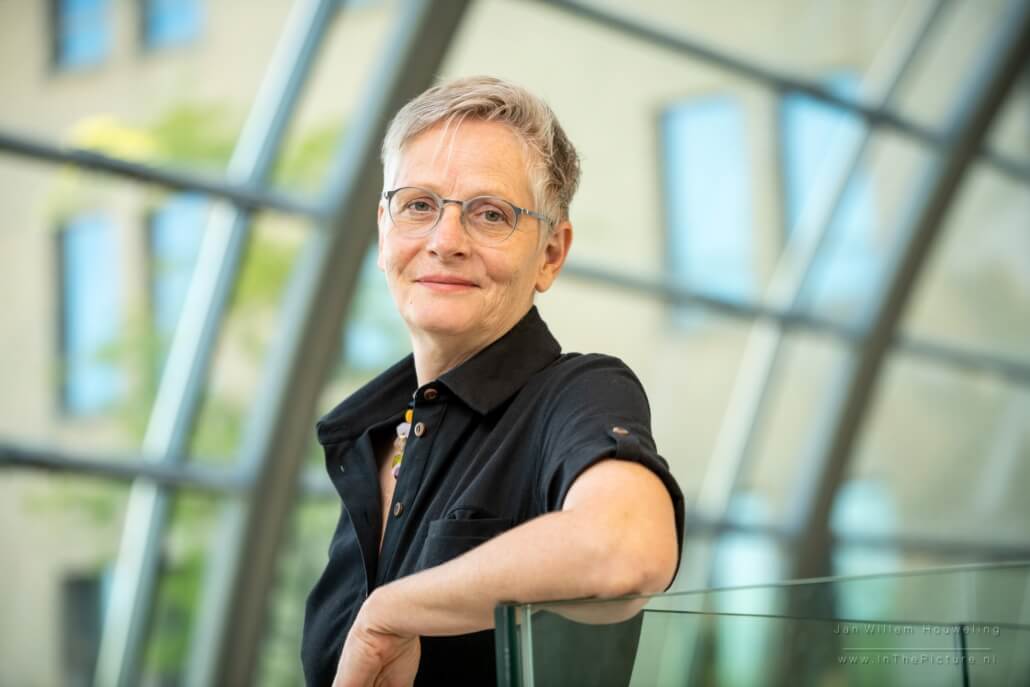
Franka references the “What Women Want” campaign conducted by The White Ribbon Alliance, which asked more than 1 million women about the one thing they want most for their own reproductive and maternal health care. “And you know what was really fascinating? What they want, their top ask, even before their baby’s life, is that they want respect. You see,” she continued, “we want women to live a good life. But if you’ve been kept alive through things that are not respectful to you, you might well be alive, but you’re dying inside. And this is so real, I tell you, it can keep me awake at night.”
“It’s About Respect for Women.”
Franka thinks the framework for measuring SDGs qualitatively is “quite limited,” and requires a “paradigm shift” in the future. “Mainly, it’s about respect for women,” she said.
“What is quite interesting is that it’s often said that in countries where women are very, very poor, you can’t be thinking about respectful care. But that’s not true. You need to start with respect before you look at risks, and these things aren’t a luxury. How do you take into account the relationship of trust that the midwife builds with a woman over periods of time?
What would a more woman-centered measurement of care look like?
An example is the midwife’s approach to childbirth. “When the woman actually knows the person (midwife), she has more trust in her coaching and needs less pain relief because of that trust with the midwife. In really, really poor communities, we don’t even have medication.” Pairing compassion and respect with skill is critical to obtain optimal outcomes. “It’s very logical, really,” she said, but difficult to measure. “That’s the problem with the SDGs.”
“It’s actually women themselves that should be determining what care they get. Because how can a woman who has been treated badly, is mistreated, and feels very, very vulnerable bring up her child well? Let’s talk about how do you measure that. That should be the questions that the SDGs answer.”
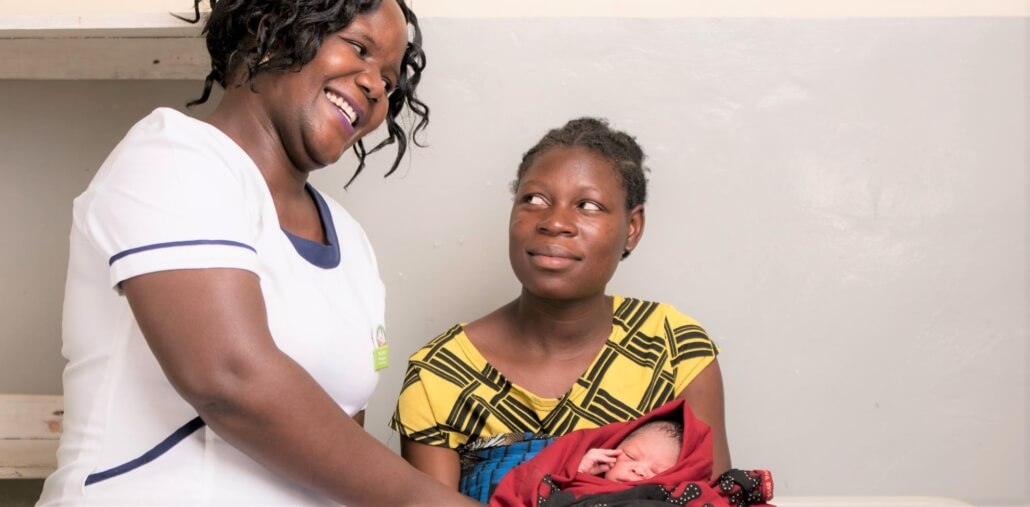
Will the “Qualitative Development Goals” succeed the SDGs?
“I really, really hope so,” Franka replied. “It’s not that it’s a black-and-white kind of picture. But in heath care, like everywhere, we need to dare to look at what woman want.” And when we’re talking about youth, youth needs to be involved, when we’re talking about racism, we need to be inclusive, and when we’re talking about women, women must be involved.”
How will ICM influence the future SDGs?
Franka says ICM’s women-centered view of the data is critical, “because otherwise, by being held accountable only to the numbers, and not talking about how someone is feeling, we’re actually causing problems – especially by over-medicalizing pregnancy and birth.”
Although we are quite a small organization, more and more large organizations like the Gates Foundation, UNFPA and other donors are starting to find us and realize that they need to invest in quality care by midwives for the long-term. There is a wind of change. As an example, just recently, the Swedish International Development Cooperation Agency (Sida) committed to funding the implementation of our new ICM strategy.”
She paused and smiled. “I’ve never heard that before!”
Global Volunteers respects and supports The International Confederation of Midwives’ (ICM) work to bring the benefit of the SDGs to struggling communities around the world. We share their vision to help achieve well-being for all without compromising the potential of future generations to meet their needs, and invite opportunities for NGO partnerships in these areas. Read on to learn how Global Volunteers’ impacts address the United Nations SDGs and how our Reaching Children’s Potential Program is helping to end stunting in Tanzanian villages.

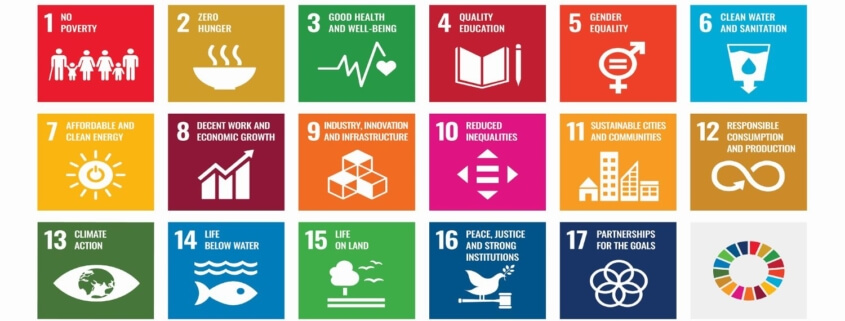


Leave a Reply
Want to join the discussion?Feel free to contribute!